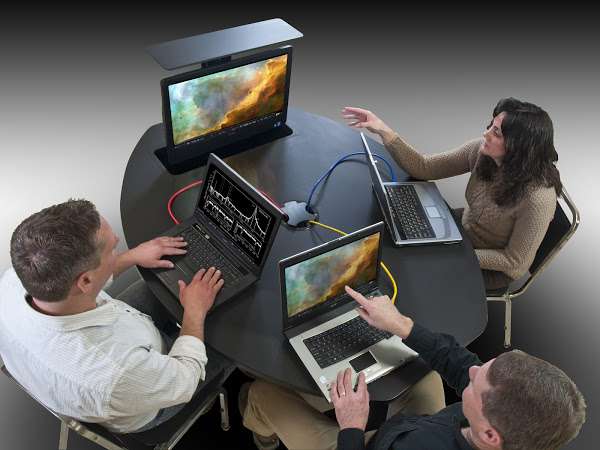
Most if not all of us learn fastest and most effectively by doing. This is being recognized in the world of technology and is being dubbed “experiential learning.” Closely connected to active learning, this approach says that learning needs to be internalized through individual activity and effort, and as such, the instructor needs to help provide experiences that will help the student internalize the content. Emotions, individual thought processes, and environment all actively contribute to our obtaining of information. Recognizing this allows us to utilize technological advances to our advantage in the world of education.
Aside from developing the environment to help the learner have those experiences – such as having the right kind of classroom furniture – the development and active usage of the following tools will greatly enhance the knowledge and education of students worldwide.
- Online video conferencing. This method allows students to feel connected to their educators and other pupils regardless of geographical proximity. Interacting with peers and professors can ease hesitations and insecurities in the learning process.
- Social networking. In a world that is run by social media, it is advantageous to incorporate learning into this model. Groups and pages can be created to cultivate knowledge-gaining conversation, to relay deadlines and other announcements, and to promote class camaraderie and cooperation.
- Mobile. Tests, group messaging, video calls, emails, and course work can all be accessed via the student’s mobile phone. “On the go” learning is the technology of now and the future.
- Digital games. Because they are already engaging, digital games can be a motivating aspect of the educational process. Advancing levels, obtaining points, and competing against others will encourage students to gain more knowledge and proficiency in a short amount of time.
Hands-on engagement and experimentation are the future of efficient and successful education. We can take advantage of available technological resources to encourage the process of discovery.
Source:EdTechReview

